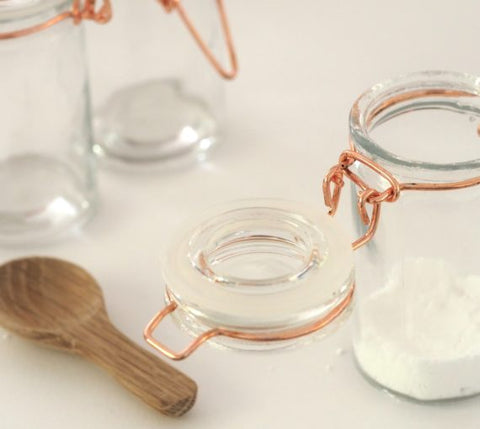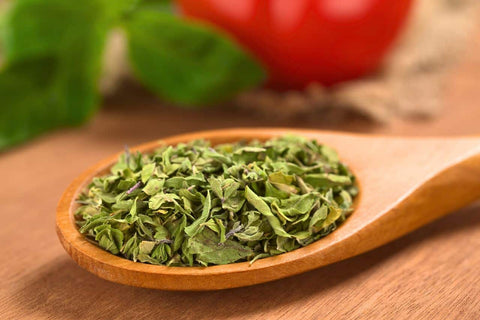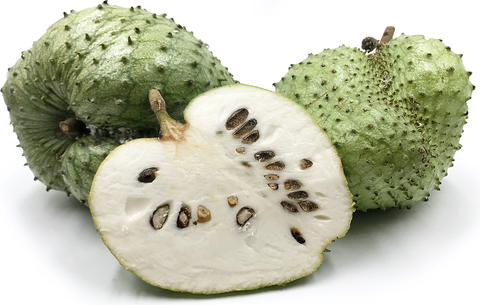Borax, also known as sodium borate, is a versatile compound that has been used for centuries as a cleaning agent. However, like many household cleaning supplies, it has sparked debates regarding its safety and effectiveness. Let's examine both the advantages and disadvantages of using borax in household cleaning supplies so we can make the right decision on whether adding Borax is a good or bad idea when making our cleaning supplies.
One of the key benefits of borax is its effectiveness in killing bacteria, viruses, and fungi. It acts as a powerful disinfectant that can eliminate harmful pathogens, making it an attractive option for cleaning bathrooms and kitchens. Additionally, borax possesses deodorizing properties, allowing it to combat unpleasant odors, such as those caused by mold or mildew, leaving the house smelling fresh and clean.
However, it is important to note that borax can also have adverse effects if not used correctly. Direct exposure to borax can cause skin irritation, and if ingested, it can lead to nausea, vomiting, and gastrointestinal issues. Consequently, it is crucial to handle borax with care, wearing gloves and avoiding the temptation to taste or consume it. Additionally, it is not recommended to use borax if there are young children or pets in the household, as they may have a greater risk of accidental exposure due to their curious nature and potential for putting objects in their mouths.
While borax is effective against many types of stains and dirt, it may not be suitable for all surfaces. It is known to be abrasive and can damage delicate materials such as polished surfaces or some types of fabrics. Therefore, it is essential to test borax in inconspicuous areas before applying it to a larger surface to ensure that no unwanted damage occurs.
Is it environmentally friendly? Nope. One of the main reasons why borax is not considered ecologically friendly is its effect on aquatic life. When borax enters water bodies, it can disrupt the fragile balance of aquatic ecosystems. The compound is toxic to aquatic organisms, including fish and other creatures, leading to a detrimental impact on their populations. This disruption can have a cascading effect, affecting the entire food chain within the ecosystem.
Is Borax biodegradable? Nope. Once it enters the environment, it persists for a substantial period. As a result, borax can accumulate in soil and sediments, posing risks to terrestrial organisms. The compound can be absorbed by plants, potentially affecting their growth and development. This can have repercussions on the overall balance of ecosystems, potentially leading to reduced biodiversity.
Are the extraction and production processes of borax environmentally friendly? Nope. The mining of borate minerals, such as borax, often involves large-scale operations that contribute to deforestation and habitat destruction. The extraction process can result in the release of harmful chemicals and pollutants into the environment, further exacerbating the ecological impact.
Personally, I won't use Borax. The bad far outweighs the good.
Article By: Heather Campa, Wyoming Wildflower



